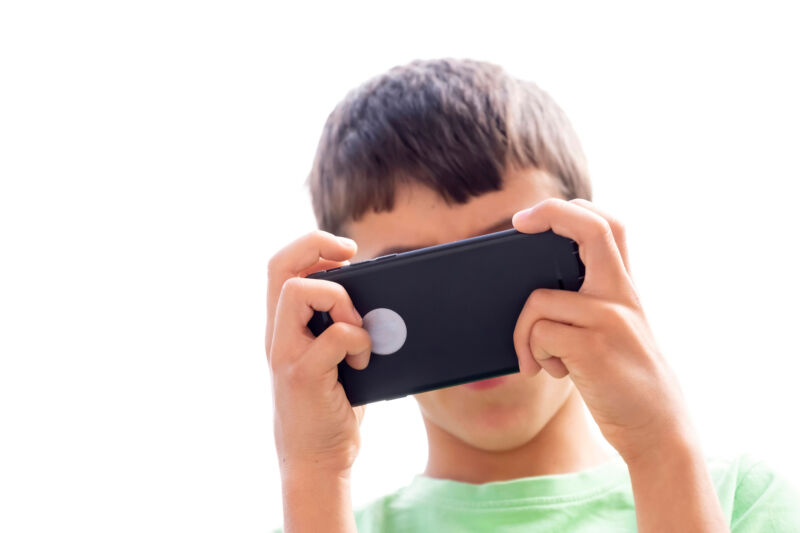
A search engine that uses facial recognition to help people scan billions of images to find their photos strewn across the Internet has officially banned searches of minors, The New York Times reported. The move comes after years of criticism from privacy experts, media outlets, and regulators, warning that tech like PimEyes could be abused to stalk children online.
PimEyes CEO Giorgi Gobronidze told The Times that in addition to setting a “no harm policy,” the company has also implemented new AI age-detection technology to detect and block searches of minors. This update is due to privacy concerns that “images of children might be used by [some] individuals with a twisted moral compass and values, such as pedophiles, child predators,” Gobronidze said. Critics had long warned that PimEyes’ tech made it easy to upload a photo of any child and quickly find other photos or discover their name and address.
By design, PimEyes is supposed to make it easy for people to figure out where their own photos have been posted online, but PimEyes has no way to stop people from searching for photos of other people, The Times reported. The platform’s “data security unit” has monitored suspicious activity in the past by flagging any upload of a child’s photo or detecting when male users repeatedly search for photos of women, the BBC reported. Gobronidze confirmed to The Times that out of 118,000 searches per day of PimEyes’ database of 3 billion images, the company has detected and banned more than 200 accounts conducting “inappropriate searches of children’s faces.”
Age detection may help PimEyes expand those efforts to ban bad actors. Gobronidze told The Times that PimEyes is “still perfecting its detection system,” which is currently better at blocking searches of minors under 14 than detecting teenagers.
The Times used a photo of Mary-Kate and Ashley Olsen as children—with one twin facing the camera and the other’s face shot in profile—to test how effective PimEyes was at blocking searches and discovered another flaw. While PimEyes blocked searches for the twin facing the camera, it did not block searches for the twin photographed in profile. The test shows that PimEyes can still be fooled, generating dozens of photos of the twin whose age was not detected.
The update is intended to address privacy concerns and enhance platform safety but also blocks parents from using the tech to find photos of their children online. Parents had previously told The Times that they used PimEyes and found photos of their children being used on news sites and in advertisements. Gobronidze told The Times that online human rights organizations will be permitted to search for photos of minors moving forward, but otherwise PimEyes intends to block all searches of minors.
PimEyes did not immediately respond to Ars’ request to comment.

